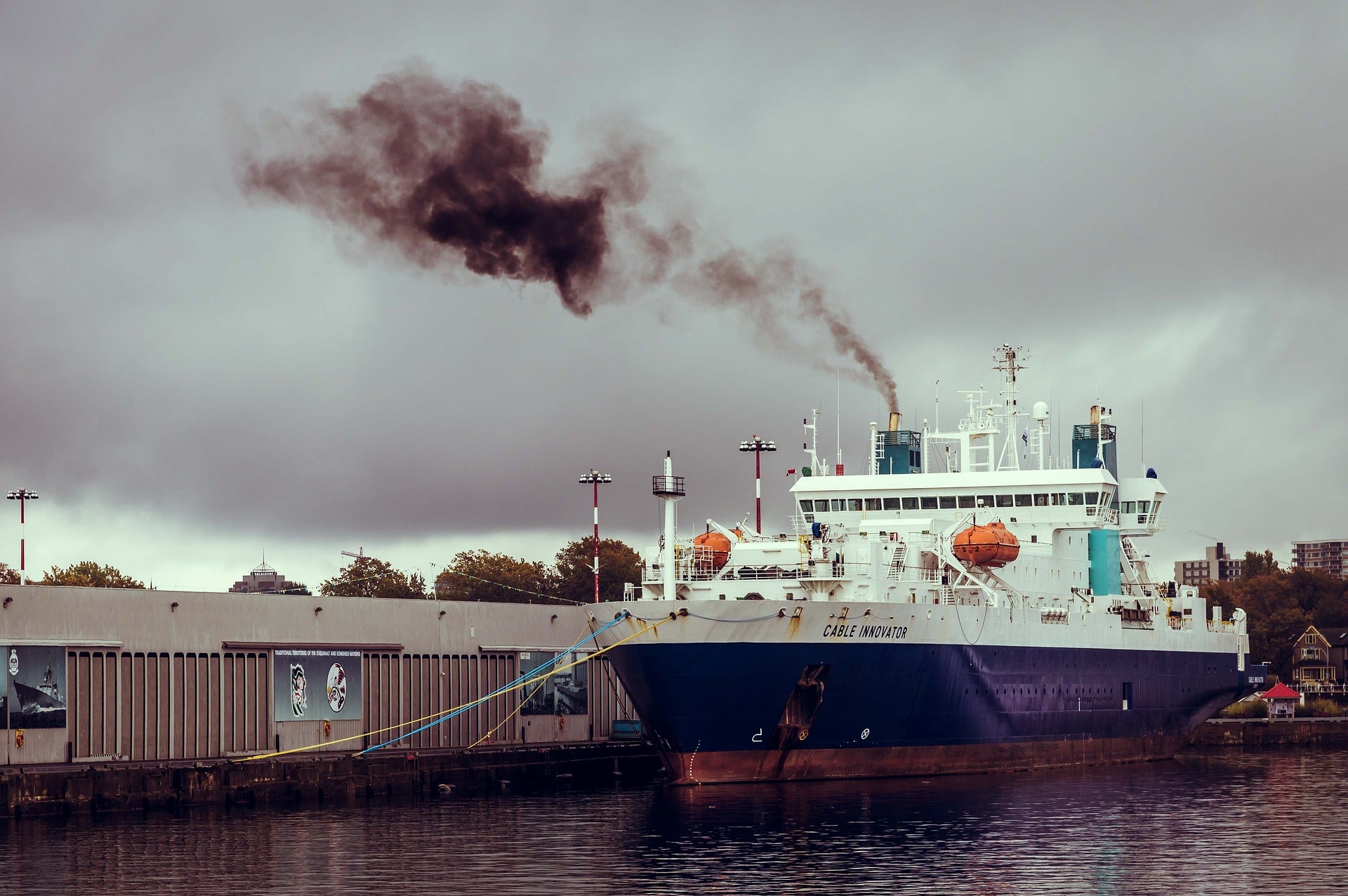
Thousands of ships use ‘cheat devices’ for emissions regulations, finds The Independent
Shipping companies were discovered using ‘cheat devices’ to avoid International Maritime Organization (IMO) regulations, which limits the amount of pollution vessels emit into the air, The Independent revealed in an exclusive report.
According to The Independent, more than £9.7bn was spent on devices called open-loop scrubbers, which extract toxic fumes from the exhaust of ships that operate on heavy fuel oil and re-route it by expelling it into the sea.
The use of these devices would allow ships to meet the demands of the IMO2020 sulphur cap, which will come into force from January 2020. However, they increase the amount of pollution entering the water.
MOL develops AI-powered vessel allocation plan for car carriers
Japanese shipping firm Mitsui OSK Lines (MOL) developed a vessel allocation and cargo loading plan for car carriers in collaboration with its group company MOL Information Systems and Osaka University.
The plan utilised mathematical optimisation that is a fundamental artificial intelligence (AI) technology.
The technology is expected to enable MOL’s personnel to allocate vessels and prepare loading plans faster.
How well do you really know your competitors?
Access the most comprehensive Company Profiles on the market, powered by GlobalData. Save hours of research. Gain competitive edge.

Thank you!
Your download email will arrive shortly
Not ready to buy yet? Download a free sample
We are confident about the unique quality of our Company Profiles. However, we want you to make the most beneficial decision for your business, so we offer a free sample that you can download by submitting the below form
By GlobalDataSHI partners with Bloom Energy to build solid oxide-fuelled tankers
South Korean shipbuilder Samsung Heavy Industries (SHI) partnered with Bloom Energy to design and build ships, powered by solid oxide fuel cell technology.
According to the agreement, SHI will use Bloom Energy’s stationary fuel cells to deliver a large cargo ship.
The solid oxide fuel cell-powered ship will use natural gas to generate power.
Norwegian Cruise Line bans single-use plastic bottles across fleet
Norwegian Cruise Line announced that single-use plastic bottles will be banned across its fleet of cruise ships.
The change will come into force on 1 January 2020.
The cruise firm partnered with JUST Goods to achieve its goal and replace all single-use plastic bottles.
Scorpio Tankers to buy 19 product tankers from Trafigura for $803m
Monaco-based petroleum products shipping firm Scorpio Tankers signed a deal to acquire 19 product tankers from Trafigura Maritime Logistics for around $803m.
According to the arrangement, Scorpio Tankers will acquire Trafigura Maritime Logistics’ subsidiaries that have leasehold interests in 19 product tankers.
The deal covers an eight-year finance lease arrangement, including purchase options, valued at around $668m.
ABB to reduce emissions at Incheon Port with shore-to-ship power
Technology group ABB received a contract to install a shore-to-ship power solution at the Port of Incheon in South Korea.
The new solution is designed to reduce emissions, noise and vibrations at berth for passenger ships.
ABB said that it obtained the contract after the Incheon Port Authority (IPA) approved a pilot project for passenger ships to connect to the local power grid to meet their energy requirements when docked at the port.
EXMAR and Anglo-Eastern form new JV for LNG ship management
Belgian shipping firm EXMAR Ship Management (EXMAR) and Anglo-Eastern Univan Group established a joint venture (JV) to focus on liquefied natural gas (LNG) ship supervision for third-party owners.
Called AEX LNG Management, the new JV will operate from Singapore.
AEX LNG Management will utilise EXMAR’s expertise in the LNG space and Anglo-Eastern’s systems, resources and global reach to serve its clients in the LNG-carrier market.
Georgia Ports Authority plans to expand Savannah port capacity
The Georgia Ports Authority (GPA) revealed plans to establish a new container port on Hutchinson Island across the Savannah River channel to expand the capacity of Savannah port in Georgia, US.
The expansion will double the Port of Savannah’s annual capacity from 5.5 million twenty-foot equivalent unit (TEU) to 11 million TEU.
The new container port will span across a 200-acre area. Located directly across from Ocean Terminal in Savannah, the facility will be able to handle 2.5 million TEU of cargo annually.
MOL introduces AI-powered vessel image recognition system
Japanese shipping firm Mitsui OSK Lines (MOL) and SenseTime Japan released a vessel image recognition and recording system to support automated monitoring of ships.
Powered by artificial intelligence (AI) technology, the system will be installed and tested on board the cruise ship Nippon Maru, which is managed by Mitsui OSK Passenger Line.
The new system’s graphics recognition engine was developed using MOL’s AI deep learning technology.
Trade after Brexit takes centre stage at London International Shipping Week
The UK is committed to maintaining its position as a global trade hub post-Brexit despite the challenges in the maritime industry, said the minister for investment at the Department for International Trade (DiT) Graham Stuart, speaking at London International Shipping Week (LISW).
In his keynote speech at the conference, Stuart addressed a number of issues, concerning the shipping industry, including the UK’s position as an international trade hub and the importance of creating sustainable relationships with other countries to boost free trade after the UK leaves the EU.
“When we leave the EU, the UK will be faced with a one-to-one generation opportunity to transform ourselves into a truly global standard-bearer for free trade,” he said.







